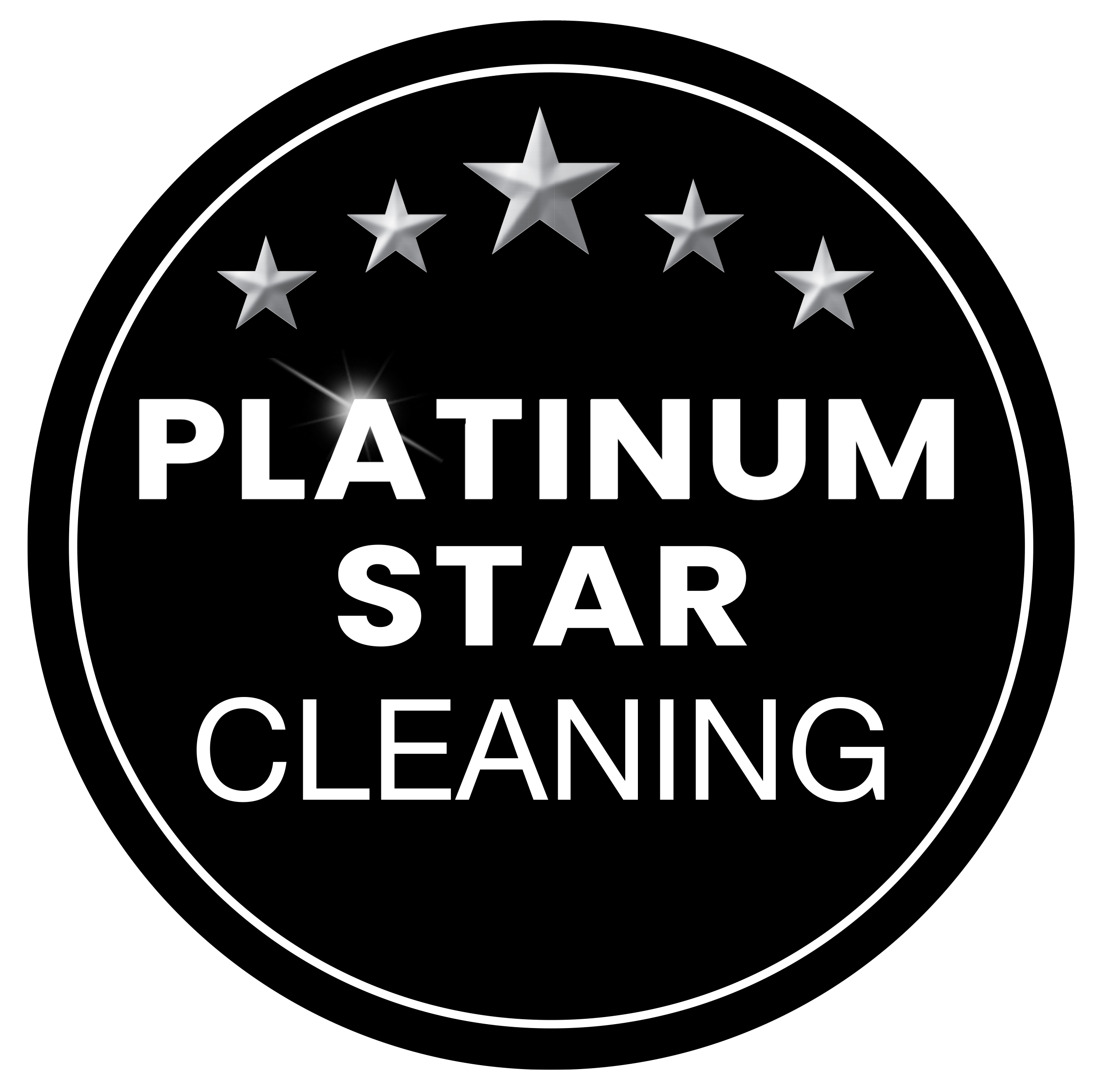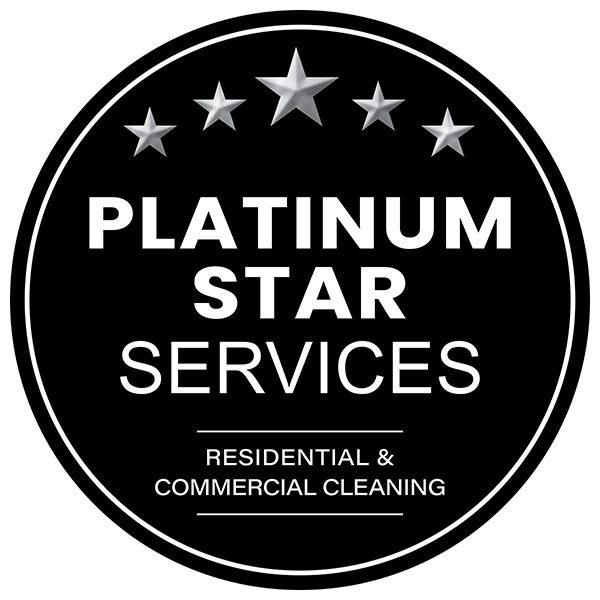
In today’s world, sustainability and environmental consciousness are paramount considerations, influencing consumer choices and daily habits. Adopting eco-friendly practices, especially in home cleaning, transcends mere trendiness—it embodies responsible stewardship of our planet. Deep cleaning need not entail compromising our health or the environment with harsh chemicals. By making thoughtful adjustments, such as opting for natural cleaning products and reusable tools, we can maintain a pristine home while reducing our carbon footprint. These choices not only promote personal well-being but also contribute positively to global sustainability efforts, ensuring a cleaner environment for future generations to enjoy.
Choose Natural Cleaning Products
Opt for cleaning products that are made from natural, biodegradable ingredients. Look for labels that indicate the product is free from harsh chemicals like chlorine, ammonia, phthalates, and parabens. Alternatively, you can make your own cleaning solutions using simple ingredients such as vinegar, baking soda, lemon juice, and essential oils. These ingredients are not only effective but also safer for both your health and the environment.
Safety for Health
Many conventional cleaning products contain harsh chemicals such as chlorine, ammonia, and phthalates, which can irritate the skin, eyes, and respiratory system. Natural cleaning products, on the other hand, are free from these harmful substances, reducing the risk of allergic reactions and respiratory issues, especially for individuals with sensitivities or allergies.
Environmental Friendliness
The production and use of traditional cleaning products contribute to air and water pollution. Natural cleaning products often come in biodegradable packaging and use ingredients that break down more easily in the environment, reducing their impact on ecosystems and wildlife.
Reduced Indoor Air Pollution
Conventional cleaning products can release volatile organic compounds (VOCs) into the air, contributing to indoor air pollution. Natural alternatives typically emit fewer VOCs, helping to maintain healthier indoor air quality for you and your family.
Effective Cleaning Power
Contrary to common belief, natural cleaning products can be just as effective as their chemical counterparts. Ingredients like vinegar, baking soda, citric acid, and essential oils have natural antibacterial, antifungal, and degreasing properties, making them powerful allies in tackling dirt, grease, and grime.
Versatility
Natural cleaning products are incredibly versatile and can be used for various cleaning tasks throughout your home. From kitchen surfaces and bathroom fixtures to floors and windows, these products can effectively clean and disinfect without leaving behind harmful residues.
Use Microfiber Cloths
Microfiber cloths are excellent for deep cleaning because they trap dirt, dust, and allergens without the need for chemical cleaners. They are reusable and durable, making them a sustainable choice. When using microfiber cloths, dampen them with water or your natural cleaning solution to wipe down surfaces effectively.
- Efficiency in Cleaning: Microfiber cloths are designed to trap dust, dirt, and even microscopic particles without the need for chemical cleaners. The fine fibers create a large surface area that picks up and holds onto debris effectively.
- Reusable and Durable: Unlike disposable wipes or paper towels, microfiber cloths are reusable and durable. They can be washed and reused multiple times, which reduces waste and saves money in the long run.
- Versatility: Microfiber cloths can be used for a variety of cleaning tasks. They are suitable for dusting surfaces, wiping down countertops, cleaning glass and mirrors, and even scrubbing tougher stains when dampened.
- Reduced Chemical Use: Because microfiber cloths effectively pick up dirt and dust on their own, they often require less or no chemical cleaners. This means fewer harmful chemicals are introduced into your home environment, promoting better indoor air quality.
- Effective on Multiple Surfaces: Microfiber cloths are gentle yet effective on various surfaces, including delicate materials like glass and stainless steel. They do not scratch or leave streaks, making them ideal for achieving a polished finish without the need for additional products.
Opt for Reusable Cleaning Tools
Instead of disposable wipes and paper towels, invest in reusable cleaning tools such as washable mop heads, sponges, and brushes. These reduce waste and can be used multiple times, saving you money in the long run while being kinder to the environment.
Washable Microfiber Cloths
Microfiber cloths are highly effective for deep cleaning as they are designed to trap dirt, dust, and allergens without the need for chemical cleaners. These cloths can be washed and reused multiple times, reducing the amount of waste generated from single-use wipes. They are durable and maintain their effectiveness even after numerous washes, making them a cost-effective choice in the long run.
Reusable Mop Heads:
Traditional mops often come with disposable mop heads that need to be replaced frequently. Opting for a mop with reusable and washable heads not only saves money but also reduces the amount of waste sent to landfills. These mop heads can be easily cleaned after each use and reused multiple times, maintaining their cleaning efficiency.
Sponges and Brushes
Instead of using disposable sponges and scrub brushes, choose reusable alternatives made from durable materials such as silicone, natural fibers, or recycled plastics. These products can withstand multiple uses and are often designed to be cleaned easily, either by hand or in a dishwasher. By investing in high-quality reusable sponges and brushes, you minimize waste and ensure that your cleaning tools remain effective over time.
Refillable Spray Bottles
Many cleaning products come in spray bottles that are designed for single-use or disposal after use. Opt for refillable spray bottles made from durable materials such as glass or high-quality plastic. These bottles can be refilled with your preferred eco-friendly cleaning solutions, reducing packaging waste and the need for purchasing new bottles each time.
Durable Cleaning Gloves
Instead of using disposable latex or vinyl gloves for cleaning tasks, invest in a pair of durable and reusable cleaning gloves made from materials like rubber or silicone. These gloves offer protection while cleaning and can be washed and reused multiple times, reducing waste and saving money over time.
Ventilate Your Home
When using any cleaning products, including natural ones, ensure proper ventilation in your home. Opening windows and doors allows fresh air to circulate, reducing indoor air pollution and helping to maintain good indoor air quality.
Clean with Cold Water
When possible, clean with cold water instead of hot water. Heating water requires energy, so using cold water helps conserve energy and reduces your household’s carbon footprint.
- Energy Efficiency: Heating water accounts for a significant portion of household energy consumption. By opting to clean with cold water, you can reduce your energy usage and lower your utility bills. According to estimates, heating water for household use can contribute up to 18% of total home energy costs. By choosing cold water for cleaning tasks, you can make a noticeable reduction in your energy footprint.
- Preservation of Fabrics and Colors: Cold water is gentler on fabrics and helps preserve their colors. When washing clothes or cleaning delicate items, using cold water can prevent shrinking and fading compared to hot water. This not only extends the lifespan of your garments but also reduces the need for frequent replacement, which contributes to reducing textile waste.
- Environmental Impact: Heating water requires energy, typically sourced from fossil fuels. By reducing hot water usage, you decrease the demand for energy production, which in turn reduces greenhouse gas emissions and environmental pollution. This aligns with efforts to combat climate change and promote sustainable living practices.
- Versatility in Cleaning Tasks: Cold water is effective for a wide range of cleaning tasks, including wiping down surfaces, mopping floors, and even laundering certain types of fabrics. For routine cleaning and maintenance, cold water combined with eco-friendly cleaning products or natural solutions like vinegar and baking soda can effectively remove dirt, grime, and bacteria without the need for hot water.
- Conserving Water Resources: In addition to conserving energy, cleaning with cold water also helps conserve water resources. Many regions around the world face water scarcity issues, making it crucial to use water efficiently. Cold water cleaning reduces overall water consumption compared to hot water methods, contributing to sustainable water management practices.
Recycle and Dispose Responsibly
Properly dispose of any empty cleaning product containers according to your local recycling guidelines. If you’ve made your own cleaning solutions, reuse the containers or find ways to recycle them responsibly.
Focus on Preventative Maintenance
Regular maintenance can reduce the need for deep cleaning as frequently. Simple habits like wiping down surfaces regularly, using doormats to reduce tracked-in dirt, and promptly cleaning up spills can prevent dirt and grime buildup.
Clean Green in Every Room
Apply eco-friendly cleaning practices throughout your home. From the kitchen to the bathroom and living areas, there are green alternatives and methods for every cleaning task. For example, use baking soda and vinegar to clean kitchen sinks and countertops, or utilize steam cleaning for sanitizing carpets and upholstery.
Donate or Upcycle Unwanted Items
During deep cleaning sessions, you may come across items you no longer need. Instead of throwing them away, consider donating them to local charities or upcycling them into something useful. This reduces waste and benefits others in your community.
Incorporating eco-friendly practices into your deep cleaning routine not only preserves the environment but also promotes a healthier home for your loved ones. By using natural products and sustainable methods, you can significantly reduce your carbon footprint while achieving spotless results. Embrace these simple yet impactful tips to transform your cleaning regimen into a green initiative that benefits both your household and the planet.
Call to Action: Ready to experience a cleaner, greener home? Contact Platinum Star Cleaning Services today at (610) 504-5469 or [email protected]. Our eco-friendly cleaning experts are committed to delivering exceptional results with a focus on sustainability. Let’s work together to make your home cleaner and the planet healthier.

